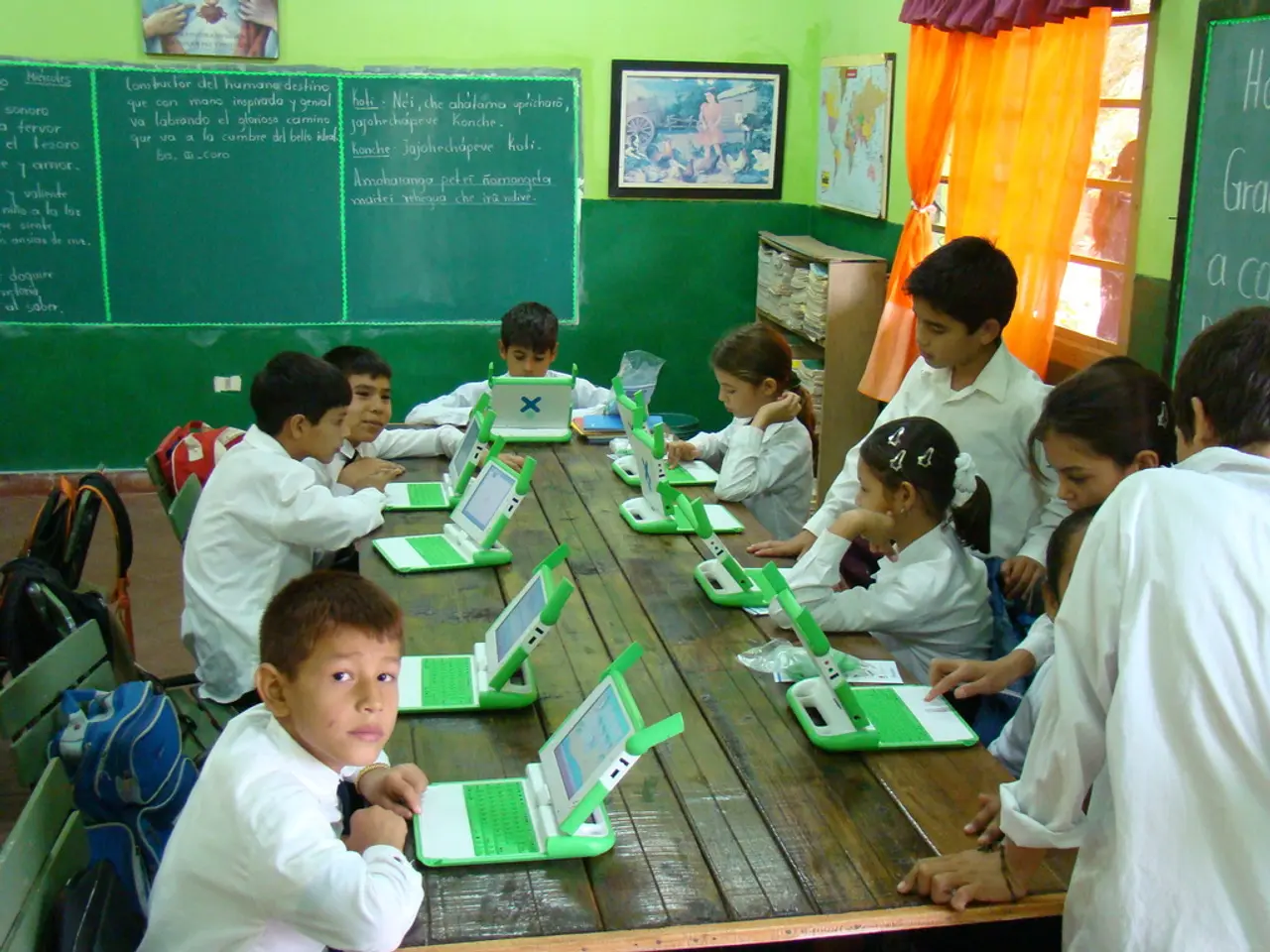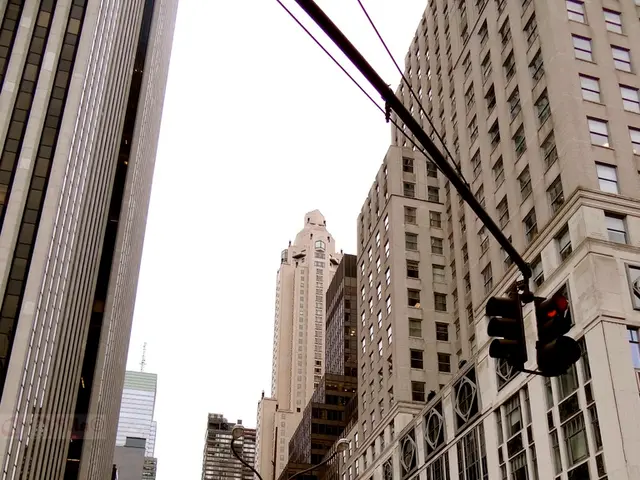CBSE to Prevent Pupils from Schools Labeled as "Sham" from Taking Class 12 Examinations
In a significant move aimed at improving the quality of education and restoring the integrity of the system, the Central Board of Secondary Education (CBSE) has announced strict regulations against the practice of enrolling in so-called 'dummy schools'. These institutions, where students are officially enrolled but rarely attend regular classes, have become popular among students preparing for competitive medical and engineering entrance exams like JEE and NEET.
The CBSE has made it clear that students enrolled in dummy schools will not be permitted to appear for Board Exams, including the crucial Class 12 examinations. This move essentially penalizes those bypassing regular education by enrolling nominally in these schools only to attend coaching classes, thereby aiming to restore the integrity of formal schooling.
To tackle this pervasive issue, the Ministry of Education has constituted a high-level expert committee chaired by Higher Education Secretary Vineet Joshi. The committee includes representatives from CBSE, NCERT, IITs, and leading school systems, and its mandate is to investigate the causes behind the rise of dummy schools and the heavy reliance on coaching centres, and to formulate policy recommendations to curb such practices.
The guidelines and measures being developed or proposed include strict enforcement that students from dummy schools cannot appear for board exams, effectively removing the incentive for schools to allow such arrangements. Inspection and regulation of private schools to detect and dismantle dummy setups is also on the agenda, as demonstrated by actions taken by the Delhi government against schools operating dummy arrangements.
Legislation and regulatory frameworks targeting coaching centres are also being considered, such as the Rajasthan bill, requiring minimum infrastructure standards and addressing exploitative practices, to reduce the dominance of coaching over formal education. The integration of competitive exam preparation within mainstream schooling is also being explored, by aligning school curricula more closely with entrance exam demands and reducing dependence on external coaching.
Steps to ensure holistic education are also being emphasized, with a focus on mental health support and discouraging coaching’s overtaking of academic and emotional well-being of students. These regulations and guideline developments seek to eliminate the dummy school practice by making it disadvantageous and by reclaiming the role of schools as centres of comprehensive education rather than mere facilitators of coaching classes.
The overall goal is to ensure that students receive quality formal education while still preparing adequately for competitive exams, thus improving fairness and reducing undue stress associated with coaching-centred schooling. The new regulations could have significant implications for the education system, particularly for students seeking professional course admissions.
It's worth noting that some students use enrollments in dummy schools to leverage state-specific admission quotas for professional courses, but this practice is not directly addressed in the CBSE's new regulations. However, the focus remains on restoring the integrity of the education system and ensuring that students receive a comprehensive and high-quality education.
In a separate development, the Indian varsity has launched an American Studies centre in New York to push India-US ties, but this information is not directly related to the CBSE policies mentioned in this article.
- The Ministry of Education's high-level expert committee, focused on addressing the rise of dummy schools and the excessive dependence on coaching centers, will also examine policy-and-legislation to curb such practices in education-and-self-development.
- The new regulations, aimed at eliminating the dummy school practice and improving the quality of education, also involve legislation and regulatory frameworks targeting coaching centers, indicating a shift in politics towards prioritizing general-news topics like educational reform.




